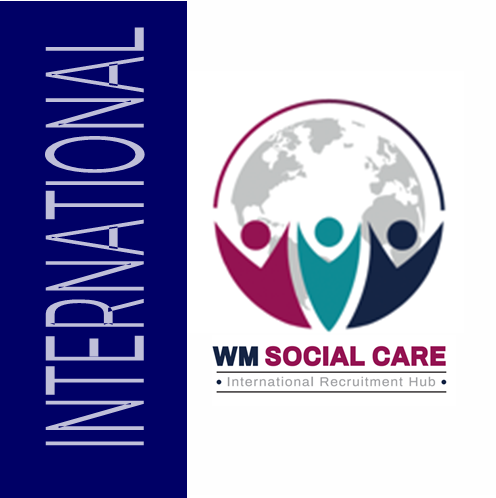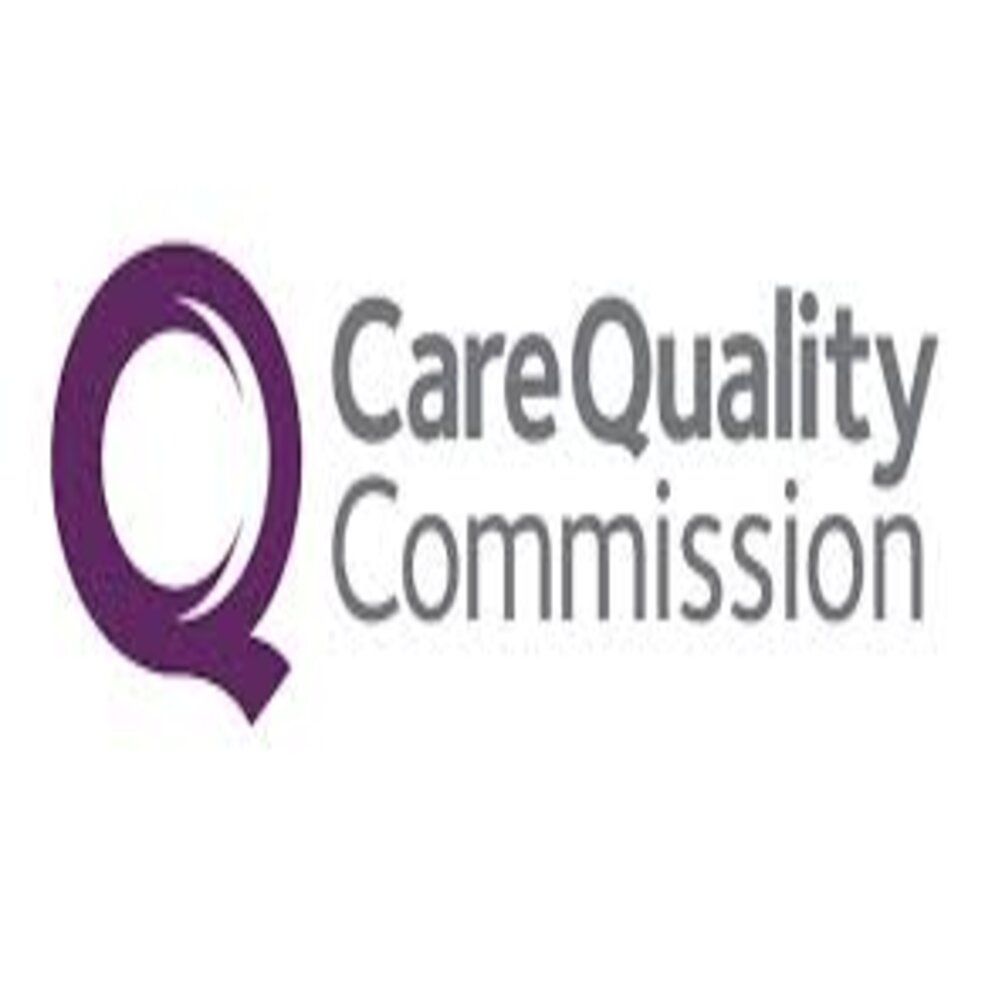This week on Wednesday 18th October it's World Menopause Day. The WMCA wish to help raise awareness and show support for those experiencing menopause symptoms in the workplace.
Be Well Midlands is an initiative for everyone working in health and care in the Midlands. The programme aims to improve wellbeing provision, so staff are able to continue providing exceptional care. We need to be well to care well.
Vicky Self, Associate Director at Be Well Midlands, has written an interesting article around the theme of the menopause below.
"On World Menopause Day, we ask colleagues to spend some time reflecting on how they can raise awareness, break stigma or highlight support for those experiencing menopause. We may also need to challenge our own bias towards menopause – it is not just a gender or age issue; and it is all of our responsibility to understand how it may impact our colleagues and work towards becoming a menopause friendly employer.
[Vicky's personal experience] working in the NHS is that the majority of our workforce is women, and women aged 50 and over are the fastest growing group in the workforce. When we balance this with the average age for menopause transition is 51, we can start to realise the potential we have in supporting a significant part of our workforce.
Yet given this evidence of how menopause can play a huge factor in our workforce, we know the stigma that still exists creates challenges with colleagues feeling that they can be honest; sometimes using other reasons to disguise their sickness absence.
An inclusive wellbeing approach is how Be Well Midlands have embedded an ethos that means people can be accepted as people; they are supported as individuals and won’t be judged. This approach started two years ago as part of our Midlands regional Be Well Midlands programme. Collectively, the programme sought feedback from health and care colleagues working across the Midlands to share what really does improve their health and wellbeing? What was found is that people wanted to be managed individually – placing them before policy. Flexible working was a key enabler to maintaining health and wellbeing as was role modelling; seeing our managers take a break means that I don’t need to feel ‘guilty’ if I do the same. These became firm recommendations and principles when developing our health and wellbeing approach. This means that whether experiencing menopause, physical or mental ill health, our approach is supportive, listening and individualised.
The theme for World Menopause day 2023 is cardiovascular disease, based on our health deprivation this contributes to a significant proportion of ill health. Adapting our health and wellbeing provision to reflect the needs of our population has been another important approach. Combining our workforce intelligence with population health data, we have been able to identify barriers our colleagues potentially experience as working and living in the Black Country.
So, has this approach made a difference? The answer is probably too early to tell. But we know from colleagues sharing examples of how they have felt supported, using information from those that have accessed our health and wellbeing provision and those that have attended learning such as menopause training, we are making the step change needed to embed a positive wellness culture."
Find out more about Be Well Midlands.






















